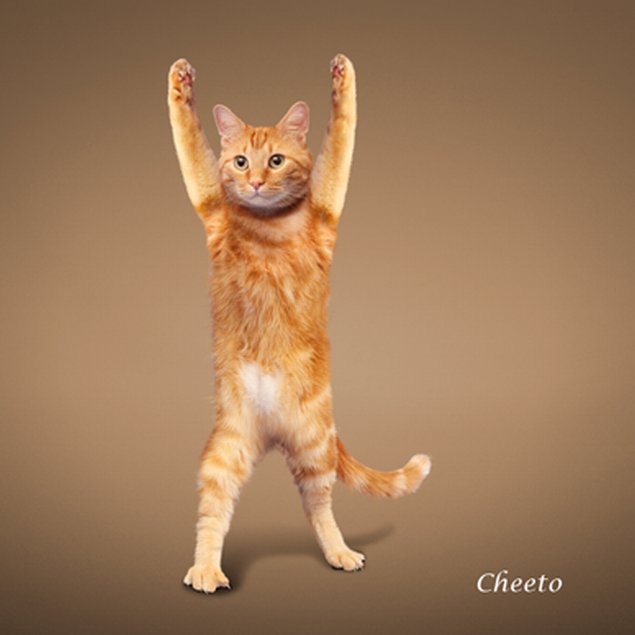How to Control Cat Litter Box Odors Efficiently
How to Control Cat Litter Box Odors Efficiently
Blog Article

Choosing the best cat litter for your feline friend can be a challenging task given the myriad of options available on the marketplace. This thorough guide will explore the numerous types of cat litter, their benefits, drawbacks, and whatever in between to assist you make an informed decision.
The product of the cat litter plays a vital role in its efficiency. Typical materials consist of clay, silica gel, recycled paper, wood, corn, wheat, and walnut shells. Each product provides distinct benefits and prospective drawbacks.
Clay-based litters are the most traditional and extensively used due to their high absorbency and clumping abilities, that make cleanup easier. Nevertheless, they can be dusty and may not be the very best option for felines or people with respiratory concerns. Silica gel crystals are highly absorbent, control smells efficiently, and are low upkeep because they do not need to be changed as frequently. However, they can be more costly and some cats might not like the texture. Naturally degradable litters, made from recycled paper, wood, corn, wheat, and walnut shells, are eco-friendly choices. They are generally dust-free and good for felines with allergies, however their odor control and clumping abilities differ widely.
The choice in between clumping and non-clumping litter is significant. Clumping litter forms strong masses when wet, making it easy to dig urine and feces, thus maintaining a tidy litter box. Non-clumping litter takes in wetness but does not form clumps, which might lead to more regular modifications of the whole litter box.
Smell control is a top concern for many feline owners. Litters are often instilled with baking soda or charcoal to neutralize smells. Preserving a fresh litter box likewise requires routine scooping, ideally twice a day, and following the manufacturer's standards for self cleaning cat litter box altering the litter and cleaning up the box.
The health of your feline and the environmental impact of the litter are also essential elements. Dust-free or low-dust alternatives are better for respiratory health. Eco-friendly litters offer an environment-friendly option to clay, which is strip-mined and not renewable. Furthermore, it's crucial to be knowledgeable about any allergies your cat might need to certain products.
Cost is a necessary consideration, as the cost of cat litter can differ significantly. While silica gel and some eco-friendly litters may be more expensive upfront, their durability can use savings in the long run. Alternatively, clay litter is typically cheaper but requires more cat litter box with lid regular replacement.
Eventually, the best cat litter is one that fits both your and your cat's choices and requirements. It might take some experimentation to find the perfect match. wood pellets cat litter Take notice of your feline's behavior and comfort, in addition to the litter's efficiency in regards to smell control, absorbency, and upkeep.
Choosing the right cat litter contributes significantly to your cat's health, happiness, and the tidiness of your home. By thinking about the product, clumping capability, smell control, health effects, ecological effects, and cost, you can make an informed decision that benefits both you and your furry companion. Remember, what works best for one cat may not suit another, so be willing to experiment until you find the perfect service.